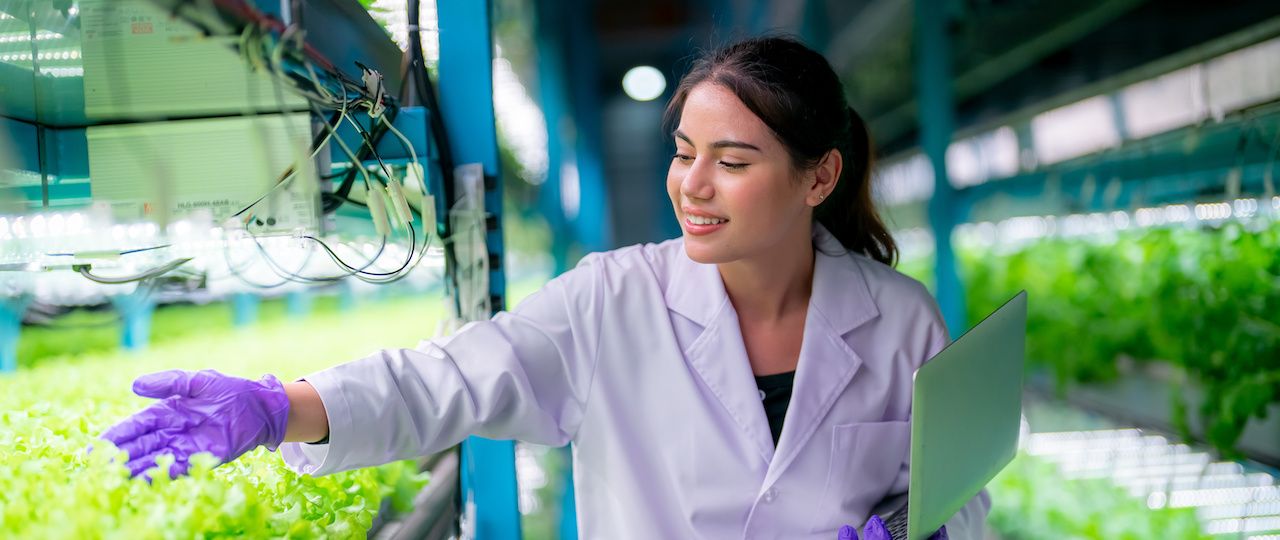Organic Regulations
How are organic foods regulated?
Currently in Canada, all organic food products sold between provinces and territories, imported, and/or displaying the Canada Organic Logo must comply with the Food and Drug Regulations, the Consumer Packaging and Labelling Regulations, and the Safe Food for Canadians Regulations (SFCR) - the Organic Products Regulations (2009) were replaced by Part 13 of the SFCR on January 15, 2019. Each of these regulations is monitored and enforced by the Canadian Food Inspection Agency (CFIA).
The Organic Products Regulations, now a component of the Safe Food for Canadians Regulations, formed the basis of the Canadian Organic Regime (COR). COR refers to the organic certification system in place to regulate all parties involved in the certification of organic products and ensure that all requirements are being met. Under these regulations, which are managed and enforced by the Canadian Food Inspection Agency, organic products are certified according to the Canadian Organic Standards, and must adhere to these standards to bear the Canada Organic Logo.

The Canadian Organic Standards
The Canadian Organic Standards consist of two national standards:
To make it easier for operators, the Organic Federation of Canada (OFC), who oversaw the review process, has prepared a side-by-side comparison document that analyzes the 2015 and 2020 standards, with the 2020 modifications highlighted. You can find this helpful comparison here.
Canadian standards on organic production systems are in place to protect consumers from dishonesty, scams and false claims in the marketplace, and to protect organic product producers against other agricultural products misrepresented as organic. They also ensure that all stages of production, preparation, storage, transportation and marketing of organic products are in keeping with the principles of organic production. These standards act to harmonize the Canadian requirements with international provisions for organic product production, certification, identification and labelling.
What do the standards cover?
General Principles and Management Standards: outlines the principles and management standard of organic production systems.
This standard outlines the principles of thorough organic farming systems for organic food products. The principles of organic farming include the production of high quality food using sustainable management practices that avoid damage to the environment and ensure the ethical treatment of livestock.
The standard also outlines specific criteria that must be met when food products and other inputs used in organic production are described as organic. These requirements are applied to the production, processing and handling of organically produced foods, and must be met or exceeded in order to meet this standard for organic agriculture.
The Permitted Substances Lists provides lists of substances that are allowed for use in organic production systems. Prohibited substances are listed in the General Principles and Management Standards.
Organic Agriculture
Organic is a type of agricultural production principles that focus on regenerating the health of the ecosystem, soil and people. These principles are based on industry standards approved by consumers and verified annually through accredited third-party certification bodies.
“Organic production is a holistic system designed to optimize the productivity and fitness of diverse communities within the agro-ecosystem, including soil organisms, plants, livestock and people. The principal goal of organic production is to develop operations that are sustainable and harmonious with the environment”
- as defined in the Canadian Organic Standards, General Principles and Management Standards (CAN/CGSB-32.310-2020)

Organic Imports and Exports
How are imported and exported organic products regulated?
Canada has established organic equivalency arrangements with a number of countries. This means that the regulatory systems of those countries have been assessed, and the outcomes achieved are consistent with Canada’s own regulations. To learn about equivalency agreements and to see a list of countries with which Canada has these agreements, click here.
Products being imported in Canada must meet the requirements specified in the Organic Products Regulations, including:
- A product must be certified to the Canadian Organic Standard;
- Certified as organic in accordance with an agreement between Canada and the exporting country, regarding the importation and exportation of organic products and;
- Certified as organic to the exporting country’s certification body.
Imported products that don’t meet Canada’s regulatory requirements cannot be marketed as organic in Canada, and cannot use the Canada Organic logo.
Importers of organic products must be able to demonstrate that the products conform to the import requirements at all times. The importers must retain all documents attesting to this fact. These documents will be verified by CFIA inspectors.
Organic Certification and Inspection
To be certified, a farm or facility producing organic products is verified by officers employed by Certification Bodies accredited by CFIA. Verification officers conduct on-farm and facility inspections to verify that organic producers comply with the standards. The Certification Body may suspend or cancel the organic certification.
For more information about organic certification and inspection, click here.